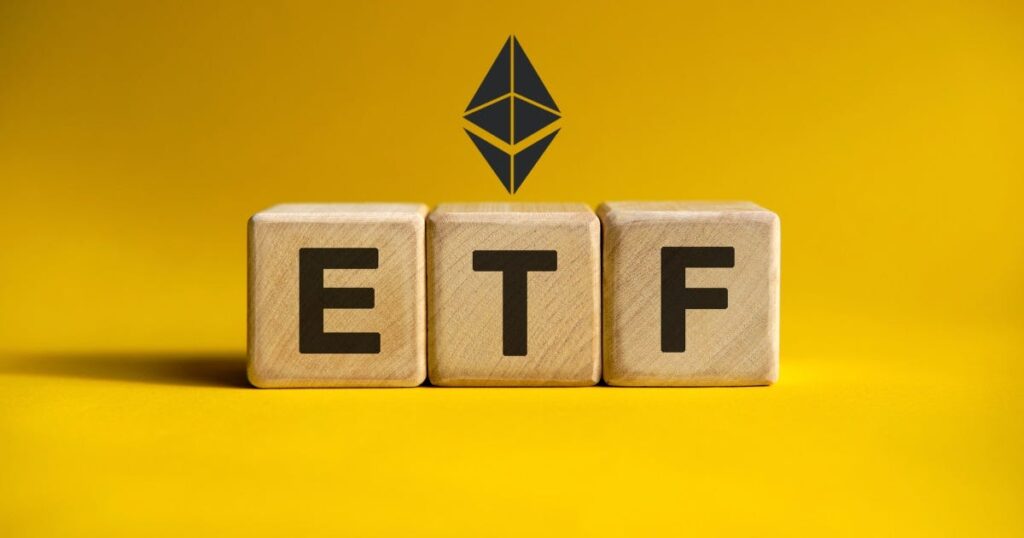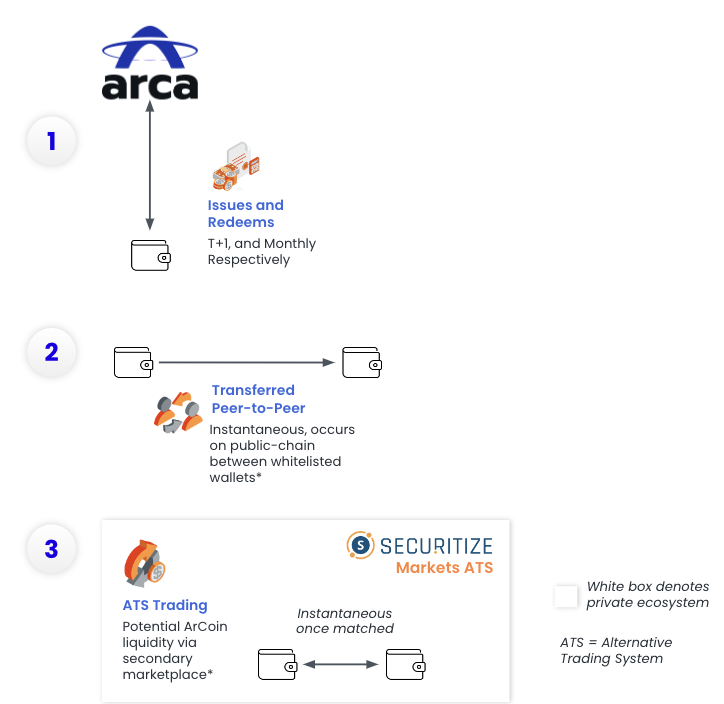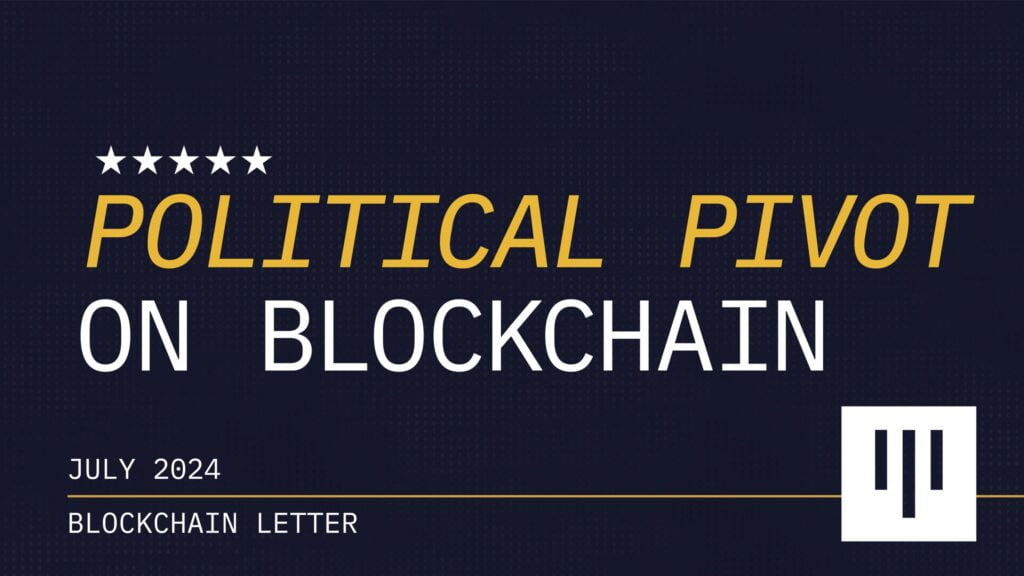Podcast Summary
In this engaging podcast, the discussion revolves around the intricacies of Ethereum and Solana, particularly focusing on staking mechanisms, validator roles, and the future of blockchain ecosystems. The guest, an expert in blockchain infrastructure, delves into the design choices that differentiate Ethereum and Solana, touching upon topics like native delegation, liquid staking, and the role of validators.
Key Takeaways
Staking Mechanisms in Ethereum and Solana
- Native Delegation: Solana’s design choices make staking easier, leading to a high staking ratio. In contrast, Ethereum requires users to either set up their own node or use a liquid staking protocol.
- Validator Roles: Solana and Ethereum differ in their expectations from validators. Solana expects professional validators, while Ethereum aims to make the role as accessible as possible.
- Long-term Effects: The ease of staking in Solana could potentially limit the growth of liquid staking protocols, unlike in Ethereum where such protocols have thrived due to initial design limitations.
Decentralization and Hardware Requirements
- Hardware Evolution: The podcast suggests that hardware requirements for running nodes will likely become less of a discussion point in the future due to technological advancements.
- Decentralization Debate: Solana has faced criticism for its approach to decentralization, but the podcast argues that its design choices are justified and in line with its goals.
- Comparative Analysis: Ethereum prioritizes decentralization and censorship resistance, while Solana focuses on performance and ease of staking.
Future of Blockchain Ecosystems
- User Preferences: The podcast speculates that user preferences will ultimately dictate the success of different blockchain ecosystems.
- MEV and LSTs: The discussion touches on the role of Miner Extractable Value (MEV) and Liquid Staking Tokens (LSTs) in the ecosystem, suggesting that these could become competitive differentiators.
- Platform Tax: Ethereum’s design choices have led to a form of “platform tax,” which could influence dApps and other services built on it.
Sentiment Analysis
- Bullish: The podcast exhibits a bullish sentiment towards the adaptability and future potential of both Ethereum and Solana, despite their differing approaches.
- Bearish: Some concerns were raised about the limitations of Ethereum’s design choices, particularly in terms of staking and the “platform tax.”
- Neutral: While the podcast did not explicitly favor one blockchain over the other, it did highlight the pros and cons of each, leaving the listener to form their own opinion.












